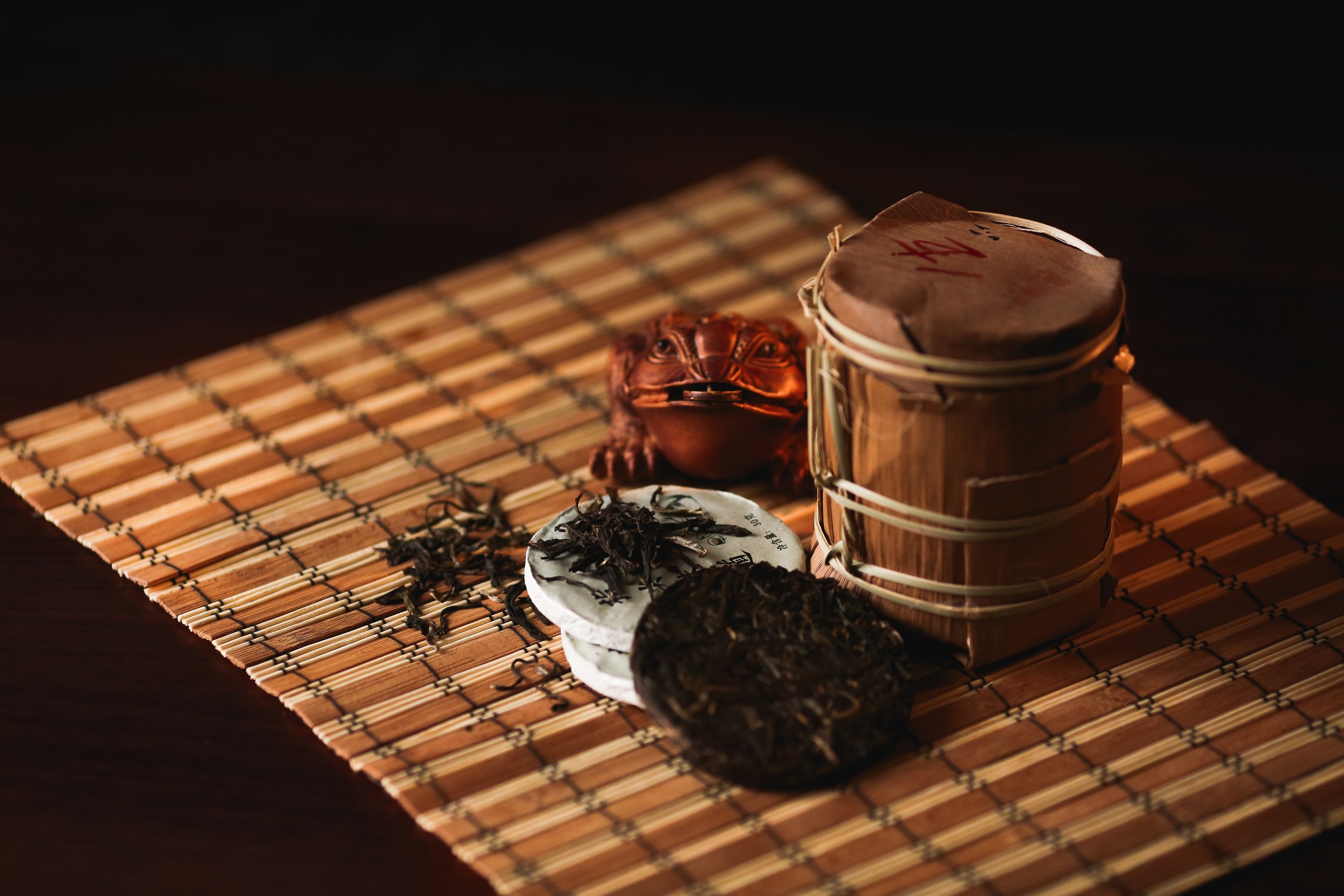For thousands of years, Traditional Chinese Medicine (TCM) has stood as a testament to holistic healing practices rooted in ancient wisdom. This comprehensive system not only treats ailments but strives to harmonize the mind, body, and spirit.
Foundations of TCM
At the heart of TCM lies a philosophy deeply connected to nature and the concept of balance. It acknowledges the body's innate ability to heal itself and focuses on maintaining equilibrium for optimal health.
Acupuncture: The Art of Balancing Energy
One of the most renowned TCM practices, acupuncture, involves inserting fine needles into specific points along energy pathways to restore balance and alleviate various conditions. Acupuncture, an integral part of Traditional Chinese Medicine, has gained recognition globally for its therapeutic effects. Modern research has delved into the biochemical mechanisms underlying this ancient practice, shedding light on its efficacy.
The Science Behind Acupuncture
Studies show that acupuncture stimulates the release of neurotransmitters like endorphins, which act as natural painkillers, and serotonin, aiding in mood regulation and promoting a sense of well-being.
Research conducted using functional magnetic resonance imaging (fMRI) has revealed that acupuncture triggers measurable changes in brain activity. It influences regions associated with pain modulation, mood regulation, and even autonomic responses.
Moreover, the insertion of fine needles at specific points triggers local micro-trauma, prompting the body's natural healing response. This process activates local tissue repair mechanisms, increases blood flow, and reduces inflammation. At a biochemical level, acupuncture has been shown to modulate the release of inflammatory markers, such as cytokines, thereby contributing to the reduction of inflammation in certain conditions.
Additionally, acupuncture impacts the hypothalamic-pituitary-adrenal (HPA) axis, which plays a crucial role in stress regulation. By regulating the HPA axis, acupuncture helps mitigate the effects of chronic stress on the body.
Research and Clinical Studies
Numerous clinical trials have demonstrated promising results in managing chronic pain, migraines, nausea, and aiding in fertility treatments.
For example, in a meta-analysis published in the Journal of Pain, researchers found that acupuncture effectively relieved chronic pain and improved physical function, supporting its role as a complementary therapy.
Integrative Approach
Herbal Medicine: Nature's Pharmacy
TCM's herbal remedies, comprising a vast array of plant-based compounds, address ailments while considering individual constitutions and patterns of disharmony.
Herbal Medicine: Nature's Pharmacy
TCM's utilization of herbal remedies as a cornerstone of healing involves a rich spectrum of plant-based compounds meticulously selected to address specific ailments and individual constitutions.
Biochemical Foundations
Herbal medicines often contain active compounds such as alkaloids, flavonoids, terpenes, and polyphenols. These bioactive constituents interact with the body's biochemical pathways, influencing various physiological processes.
Individualized Treatment Approach
A fundamental principle of TCM is recognizing individual constitutions and patterns of disharmony. Herbal prescriptions are customized based on these patterns, aiming to restore balance and address the root cause of imbalances rather than merely alleviating symptoms.
Research and Scientific Understanding
Modern scientific research corroborates the efficacy of many TCM herbal remedies. Studies have identified specific mechanisms of action for various herbs. For instance, herbs like Ginseng have been found to contain compounds that exert adaptogenic effects, helping the body adapt to stress and enhancing overall resilience.
Additionally, herbs like Turmeric have gained attention for their anti-inflammatory properties attributed to compounds like curcumin, which modulate inflammatory pathways in the body.
Integration with Modern Medicine
The integration of TCM herbal medicine with modern science showcases its potential in various therapeutic areas. Clinical trials and studies continue to explore the effectiveness of TCM herbs in managing conditions like cardiovascular diseases, immune disorders, and metabolic syndromes.
Herbal Formulations and Synergy
TCM often combines multiple herbs in formulations to enhance efficacy and reduce side effects. This synergy among different herbal compounds creates a comprehensive therapeutic effect, addressing multiple aspects of a health condition simultaneously.
Cupping Therapy: Drawing Out Toxins
Involves placing cups on the skin to create suction, promoting blood flow, and releasing toxins from the body.
Mechanisms of Cupping
The suction created by cupping stimulates blood flow to the area, promoting microcirculation and aiding in tissue repair. This process helps release fascia, the connective tissue, and muscles, potentially relieving muscle tension and enhancing flexibility.
Understanding Toxins in Cupping
The term "toxins" in cupping therapy historically referred to stagnation or blockages in the flow of Qi or blood. In modern terms, this stagnation may correlate with localized inflammation, reduced blood circulation, or muscle tension.
Scientific Research
While extensive scientific research on cupping is ongoing, some studies have shed light on its potential benefits. For instance, a review published in the Journal of Traditional and Complementary Medicine suggests that cupping therapy can effectively alleviate pain, particularly musculoskeletal pain, and improve overall well-being.
Moreover, research utilizing imaging techniques like thermography has demonstrated increased blood flow and tissue perfusion in areas subjected to cupping. This supports the notion that cupping promotes circulation and aids in tissue healing.
Meridian System and Energy Pathways
Central to TCM is the concept of meridians, energy pathways through which life force, or Qi, flows. Balancing Qi flow is key to restoring health and vitality.
Dietary Therapy: Nourishing the Body and Mind
TCM emphasizes the importance of food in maintaining health, utilizing dietary recommendations tailored to individual needs.
Mind-Body Connection in TCM
TCM recognizes the profound link between mental and physical health, employing practices like meditation and Tai Chi to foster harmony.
Alternative Medicine vs. Traditional Medicine
While TCM offers alternative approaches, it integrates seamlessly with conventional medicine, aiming for a complementary, holistic healthcare model.
Seeking Holistic Care and Integrative Medicine
Increasingly, individuals are turning to integrative medicine, combining TCM with Western practices for a more comprehensive approach to wellness.
Conclusion
Traditional Chinese Medicine, with its profound philosophy and holistic modalities, offers a unique perspective on health and healing. Embracing its principles can lead to a balanced, harmonious life.
Eastern Acupuncture And Wellness Plantation:
Eastern Acupuncture And Wellness Wilton Manors:
To explore more about Traditional Chinese Medicine, you can visit [Traditional Chinese Medicine](https://www.eacuwell.com/chinese-medicine) or [book a complimentary consultation today!](https://www.eacuwell.com/book-now).






